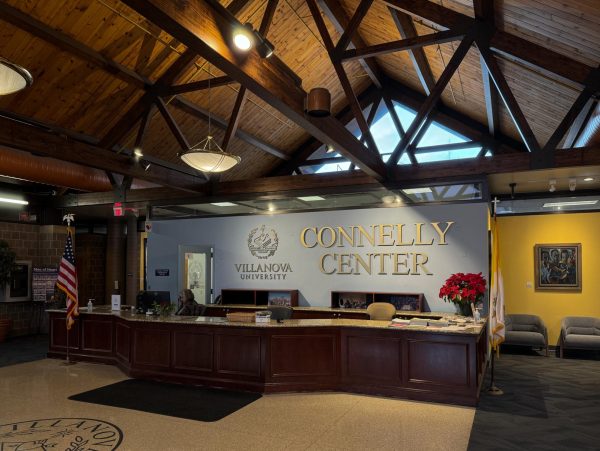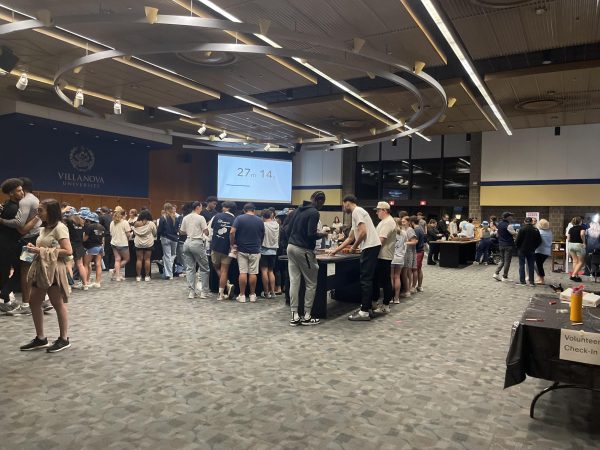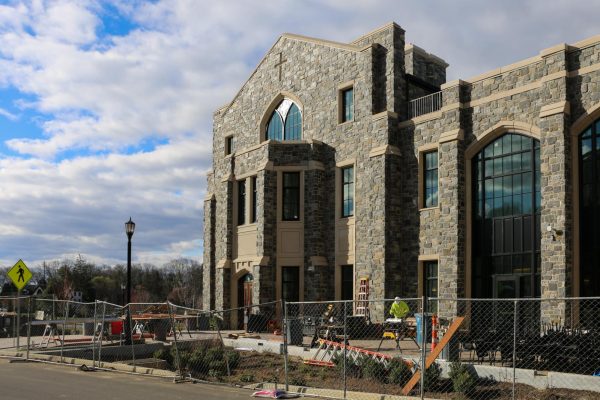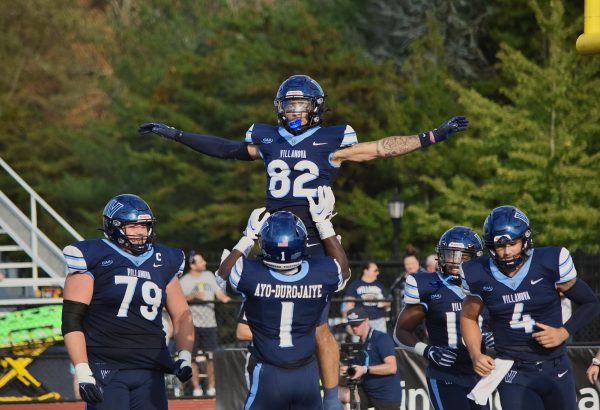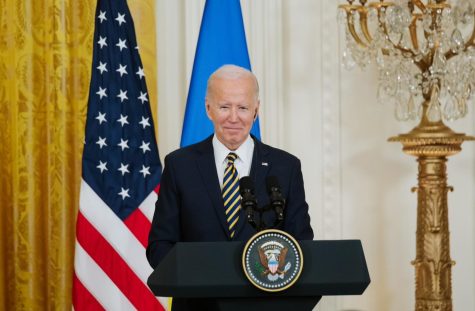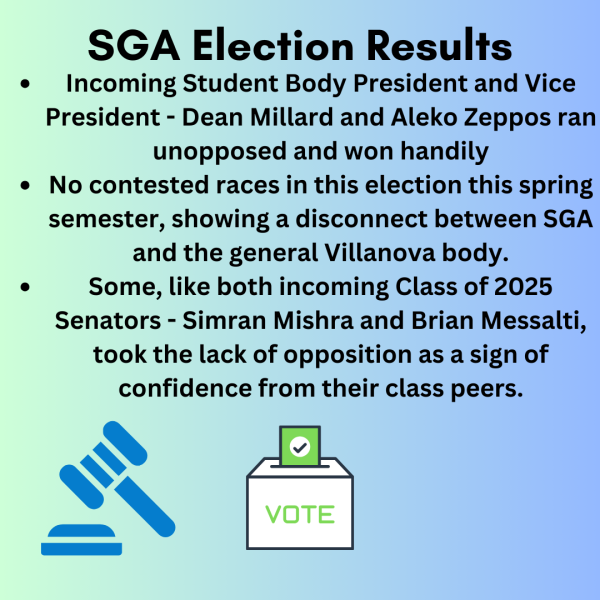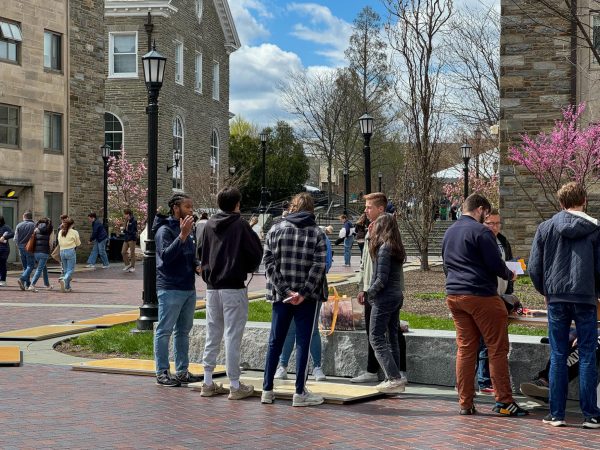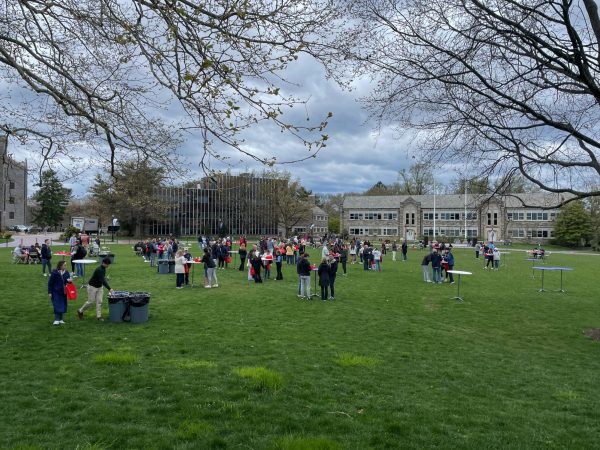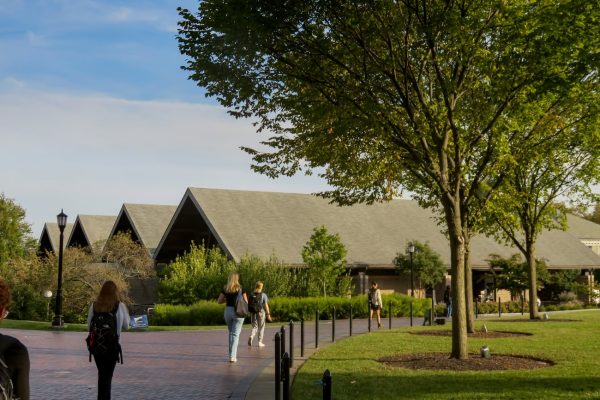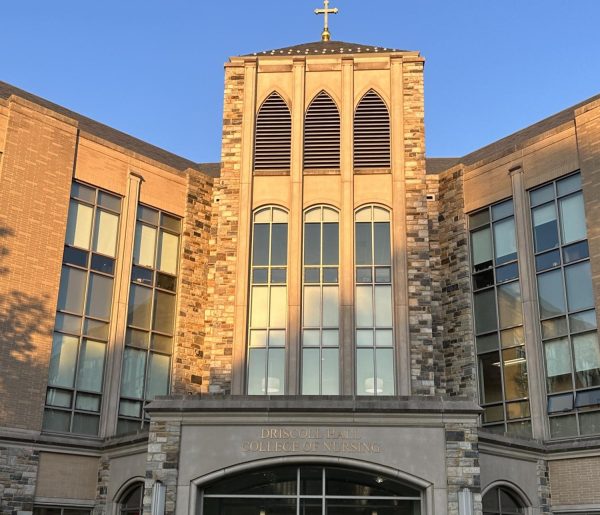Japanese ambassador addresses current state of US-Japan relations
April 7, 2010
The ambassador of Japan to the United States, Ichiro Fujisaki, discussed U.S.-Japan relations in the Obama era on March 31 in Driscoll Hall.
“It’s great to be back in this great country at a great moment,” said Fujisaki, who began his term as Ambassador to the United States in June 2008.
This is a busy time for the ambassador, according to Assistant Professor and Director of East Asian Studies, A. Maria Toyoda, not only because it is the end of the fiscal year in the Japanese calendar, but also because of the significant changes in the political environments in both countries.
“Last August there was a historic change in government, with the Democratic Party of Japan taking power for the first time, and inevitably that power shift has challenged the traditional means of communication and mutual policy-making and cooperation between these two great nations,” Toyoda said.
The ambassador said he believes there are three main issues facing today’s world: nuclear proliferation and terrorism combined, emerging countries’ economies and market economy and globalization.
To effectively address nuclear proliferation and terrorism, international organizations such as the United Nations must be involved, he said.
Countries that currently refuse to follow international nonproliferation treaties must be persuaded to jump on board with the rest of civilized nations.
In order for developed countries to compete with emerging economies, they need to follow three steps, according to Fujisaki.
First, they need to produce better and more competitive products.
Second, developed countries must ask developing economies to abide by established laws and regulations.
Third, developed economies need to fortify relations with like-minded countries.
Regarding globalization, the ambassador said deregulation must occur to allow competition among countries.
“You have to strike a right balance [between regulation and deregulation],” he said. “If you regulate too much, you suffocate your economy.”
Responding to a student’s question about the recent Toyota controversy, the ambassador said Japan does not want to make this an issue between countries.
He assured the audience, however, that Toyota puts safety first and that the corporation is taking the necessary steps to regain Americans’ confidence. Other questions included Japan’s successful nuclear energy program and the 2008 financial crisis. Fujisaki’s visit to Villanova, originally scheduled for Feb. 9, and later rescheduled due to the snowstorm, is just one of the many stops he plans to make during the rest of his term as ambassador.
“We are fortunate that his diplomatic efforts and interest extend to the world of academia,” Toyoda said. “He seems to want to set some sort of world record in visiting as many American universities as possible during his ambassadorial term. And we are very happy that he has deemed Villanova worthy to be included on his score card.”
Villanova faculty and students, community members and faculty from other universities attended the event, which was sponsored by the College of Liberal Arts and Sciences, East Asian Studies and the political science department.


